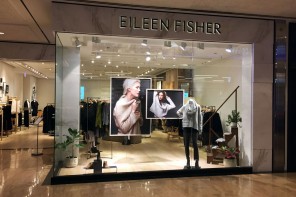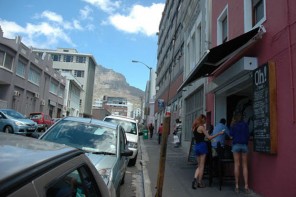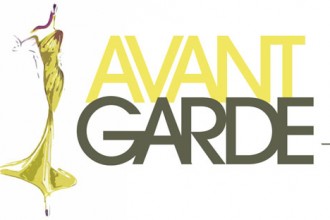The Greening of Paris
The city of Paris is taking climate change seriously and has introduced a new, affordable, ´eco friendly´ public transport system, Vélib´. The word Vélib´ comes from the French words for bicycle freedom, vélo liberté. Paris´ main mode of transport has always been public transport but they have now taken this one step further by taking away road space from cars and using it for public transport.
Paris´ goal is to cut motor vehicle traffic 40% by 2020 and this goal is set to be a reality with the introduction of Vélib´. Vélib´ is a public bicycle rental programme. There are 20 000 bicycles and 1 400 stations located across Paris, roughly one station every 300 metres throughout the city centre, making Vélib’ the largest system of its kind in the world.
The Vélib´ operates 24/7 and the first half hour of the rental is free, to encourage shorter shopping trips. Once you have finished with your errands, you just return the bicycle to the closest station and its ready and waiting for the next customer. To utilise the Vélib´ system you will need to subscribe, it´s highly affordable, use the dedicated bicycle lanes and obey the stringent (bicycle) traffic rules.
Bringing Biking Back
At first bicycle shop owners in Paris were nervous about the introduction of Vélib´ as they feared it would result in a drop in bicycle sales, but now business could not be better as Vélib´ has encouraged previous bicycle owners to resurrect their old bikes and use them again! Vélib´ has made the bicycle fashionable once more!
Paris has also become a warmer, friendlier place as a result of the Vélib´. Parisians are known to be rather aloof and tend not to greet one another in the streets but this is now changing. The congregation of people at the Vélib´ stations has encouraged human interaction and has become a great way for singles´ to meet one another!
Slowing Things Down
The Vélib´ has brought about the concept of ´freeness´ to Parisians and provided them with a new way to explore the city and allowed them to discover little roads and cafés which would otherwise have remained hidden. It´s put city dwellers in touch with the outside world again, teaching them to ´slow down´, enjoy life and the city you live in all whilst taking a strong stand against climate change.







